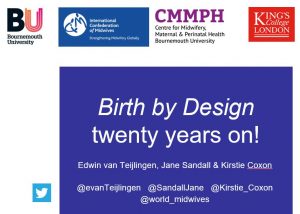 The ICM (International Confederation of Midwives) planned its tri-annual conference for 2020. Due to the COVID-19 pandemic this conference was postponed and this year summer it is being held online. BU’s Centre for Midwifery, Maternal & Perinatal Health (CMMPH) has a number of great contributions, starting with today’s Symposium ‘Birth by Design 20 years on- a sociological lens on midwifery in the year of the midwife’.
The ICM (International Confederation of Midwives) planned its tri-annual conference for 2020. Due to the COVID-19 pandemic this conference was postponed and this year summer it is being held online. BU’s Centre for Midwifery, Maternal & Perinatal Health (CMMPH) has a number of great contributions, starting with today’s Symposium ‘Birth by Design 20 years on- a sociological lens on midwifery in the year of the midwife’. 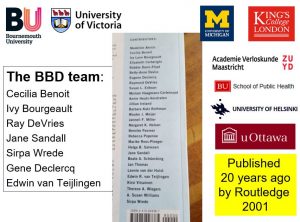
The following sessions, to which CMMPH academic have contributed, are ones to look forward to over the next month:
- Uniting the voice of midwifery education in the United Kingdom: the evolution and impact of the role of the Lead Midwife for Education (S. Way & N. Clark)
- Students’ experience of “hands off/hands on” support for breastfeeding in clinical practice (A. Taylor, G. Bennetts & C. Angell)
- Changing the narrative around childbirth: whose responsibility is it? (V. Hundley, A. Luce, E. van Teijlingen & S. Edlund)
- The social/medical of maternity care AND you (E. van Teijlingen)
- Developing an evidence-based toolkit to support practice assessment in midwifery (M. Fisher, H. Bower, S. Chenery Morris, F. Galloway, J. Jackson & S. Way)
- Are student midwives equipped to support normal birth? (J. Wood & J. Fry)
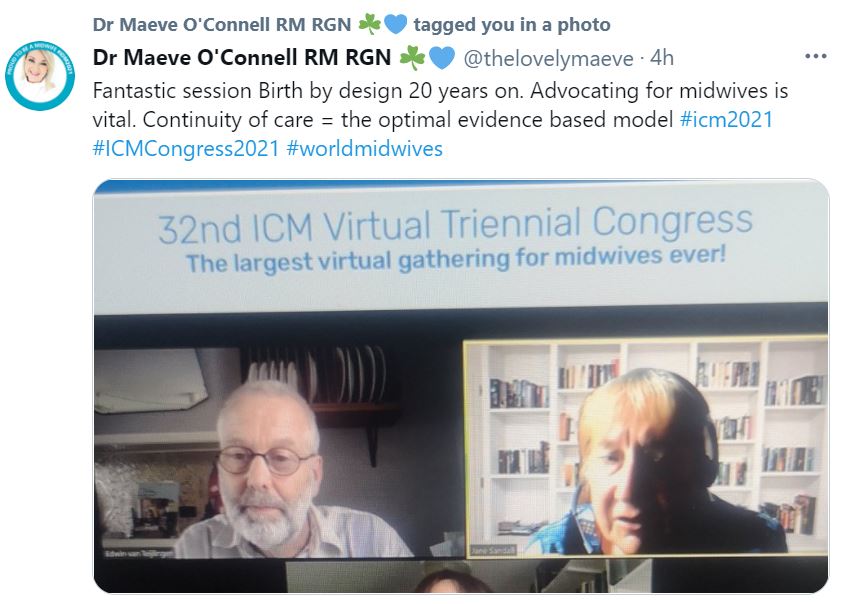
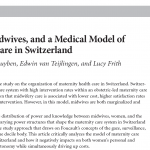 New paper international midwifery
New paper international midwifery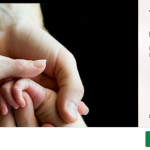 Social\medical model of childbirth presented at Dorset RCM conference
Social\medical model of childbirth presented at Dorset RCM conference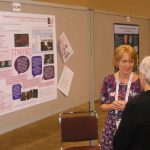 BU posters at international midwifery conference
BU posters at international midwifery conference










 Expand Your Impact: Collaboration and Networking Workshops for Researchers
Expand Your Impact: Collaboration and Networking Workshops for Researchers Visiting Prof. Sujan Marahatta presenting at BU
Visiting Prof. Sujan Marahatta presenting at BU 3C Event: Research Culture, Community & Can you Guess Who? Thursday 26 March 1-2pm
3C Event: Research Culture, Community & Can you Guess Who? Thursday 26 March 1-2pm UKCGE Recognised Research Supervision Programme: Deadline Approaching
UKCGE Recognised Research Supervision Programme: Deadline Approaching ECR Funding Open Call: Research Culture & Community Grant – Apply now
ECR Funding Open Call: Research Culture & Community Grant – Apply now ECR Funding Open Call: Research Culture & Community Grant – Application Deadline Friday 12 December
ECR Funding Open Call: Research Culture & Community Grant – Application Deadline Friday 12 December MSCA Postdoctoral Fellowships 2025 Call
MSCA Postdoctoral Fellowships 2025 Call ERC Advanced Grant 2025 Webinar
ERC Advanced Grant 2025 Webinar Update on UKRO services
Update on UKRO services European research project exploring use of ‘virtual twins’ to better manage metabolic associated fatty liver disease
European research project exploring use of ‘virtual twins’ to better manage metabolic associated fatty liver disease